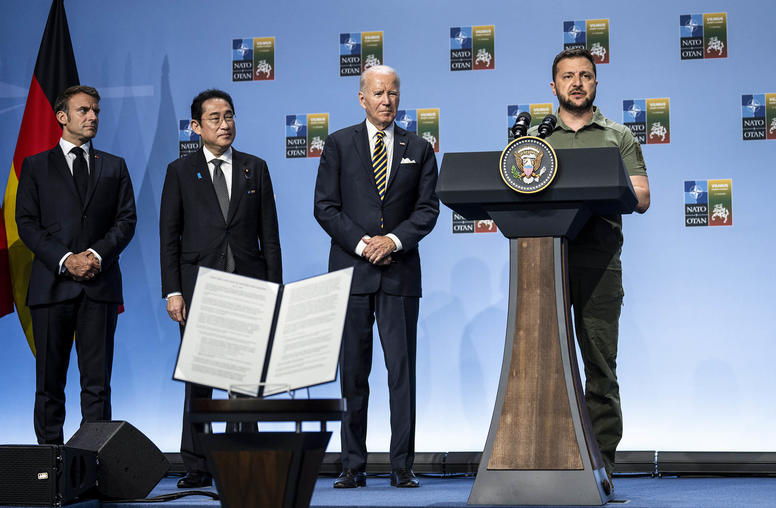Sasha Pippenger
Contact
Please submit all media inquiries to interviews@usip.org or call 202.429.3869.
For all other inquiries, please call 202.457.1700
Sasha Pippenger is the acting director of the inclusive peace processes and reconciliation team at USIP, overseeing the Institute’s work on negotiation, mediation, dialogue, cease-fires and reconciliation.
Pippenger specializes in Track 1 peace processes in the context of armed conflict, with eight years of on-the-ground experience based in Africa and the Middle East.
Pippenger joined USIP from the United Nations, where she spent three years working on the Syrian peace process as the special assistant to the U.N. special envoy for Syria. Prior to that, she was based in the Central African Republic as a political advisor to the deputy head of MINUSCA, the U.N.'s peacekeeping mission. She previously worked as a mediation adviser for the Centre for Humanitarian Dialogue's Africa regional office in Nairobi, Kenya, where she focused on mediation support to the inter-Burundian dialogue. She has also worked on the U.N. teams supporting Yemen's national dialogue, and the Constituent Assembly in Nepal.
Prior to the U.N., Pippenger held roles with the International Rescue Committee in Pakistan, as an election monitor and researcher in Sudan, and as a member of the teaching teams for the Harvard Negotiation Institute and Harvard Law School's negotiation and mediation courses.
Pippenger has a particular interest in cease-fire negotiation, peace process design, multilateral mediation and international humanitarian law. She holds a law degree from Harvard Law School, a certificate in transnational law from Université de Genève, and a bachelor’s in peace and conflict studies from UC Berkeley.
